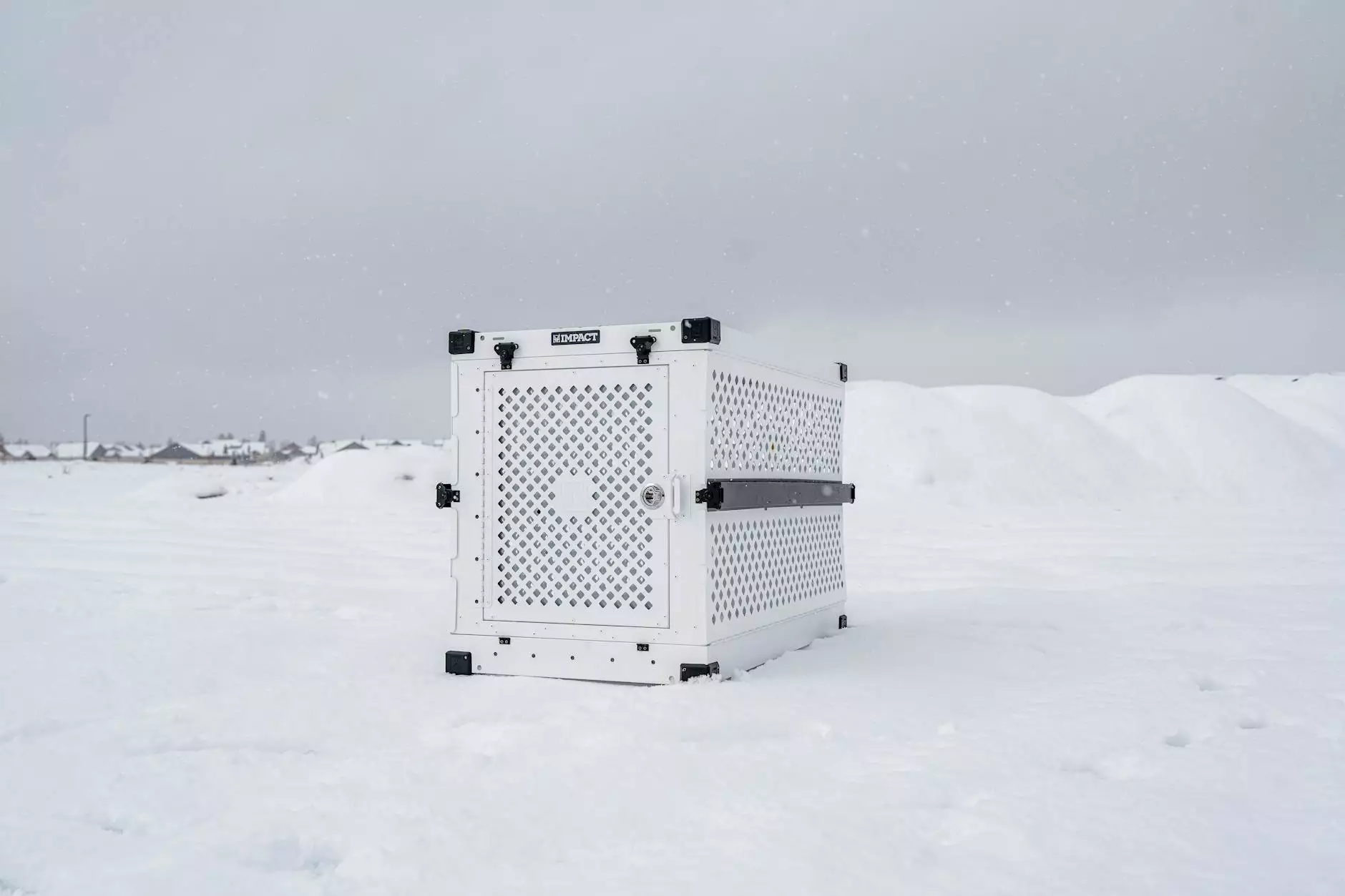Sleeve Gastrectomy: Transform Your Health and Wellbeing

Sleeve gastrectomy is rapidly becoming one of the most sought-after surgical procedures for weight loss. This minimally invasive surgery offers a pathway to a healthier lifestyle, effective in combating obesity and its related health risks.
Understanding Sleeve Gastrectomy
Sleeve gastrectomy, also known as gastric sleeve surgery, involves removing approximately 80% of the stomach, leaving a tube-shaped stomach (or "sleeve"). This significant reduction in stomach size results in:
- Reduced Food Intake: With a smaller stomach, patients naturally consume less food, aiding in weight loss.
- Decreased Hunger Hormones: The procedure removes the part of the stomach that produces ghrelin, the hormone responsible for hunger, leading to decreased appetite.
- Improved Metabolic Function: Many patients experience improvements in insulin sensitivity and other metabolic parameters, leading to better overall health.
The Benefits of Sleeve Gastrectomy
Choosing sleeve gastrectomy can offer numerous benefits, including:
- Significant Weight Loss: Most patients lose 50-70% of their excess weight within the first two years post-surgery, leading to vastly improved health outcomes.
- Improvement or Resolution of Obesity-Related Conditions: Conditions such as type 2 diabetes, hypertension, and sleep apnea often improve significantly after the procedure.
- Enhanced Quality of Life: Many patients report improved physical function, mobility, and even mental health after achieving their weight loss goals.
Who Is a Suitable Candidate for Sleeve Gastrectomy?
Not everyone is an ideal candidate for sleeve gastrectomy. Generally, it is recommended for individuals who:
- Have a body mass index (BMI) of 40 or higher, or a BMI of 35 or higher with obesity-related health conditions.
- Are unable to lose weight through diet and exercise alone.
- Are committed to making permanent lifestyle changes.
The Pre-Surgery Process
Before undergoing sleeve gastrectomy, patients will go through several steps:
- Consultation: Meet with a qualified healthcare professional to discuss medical history and evaluate readiness for surgery.
- Pre-Operative Assessment: This may include blood tests, imaging studies, and a psychological evaluation.
- Weight Loss Induction: Patients are often advised to follow a pre-operative diet to reduce liver size and ease the surgical process.
What to Expect During the Surgery?
Sleeve gastrectomy is typically performed laparoscopically, which involves several small incisions rather than one large incision. The surgery usually lasts about 1 to 2 hours and involves the following:
- General anesthesia to ensure the patient remains unconscious and pain-free.
- Removal of the majority of the stomach, creating the sleeve structure.
- Careful closure of incisions and monitoring during recovery.
The Recovery Process
Recovery times can vary, but most patients can expect to return to light activities within a week. Full recovery may take several weeks. Key aspects of recovery include:
- Diet Transition: After surgery, patients will begin with clear liquids, progressing gradually to pureed foods and eventually to solid foods over several weeks.
- Follow-Up Visits: Regular appointments with the healthcare team are crucial for monitoring progress and addressing any concerns.
- Support Systems: Engaging with support groups and counseling can significantly enhance the recovery experience.
Long-Term Success After Sleeve Gastrectomy
Sustaining weight loss after sleeve gastrectomy requires ongoing commitment. Here are effective strategies for long-term success:
- Nutrition: A balanced diet rich in protein, vitamins, and minerals is critical to avoid deficiencies.
- Regular Exercise: Incorporating physical activity into daily routines can help maintain weight loss and improve overall health.
- Behavioral Changes: Adopting healthy habits, such as mindful eating and stress management, is crucial for preventing weight regain.
Potential Risks and Complications
Like any surgical procedure, sleeve gastrectomy does carry some risks, which may include:
- Infection
- Bleeding
- Gastroesophageal reflux disease (GERD)
- Stenosis (narrowing of the sleeve)
- Vitamin deficiencies
Why Choose Antalya Health for Sleeve Gastrectomy?
Antalya Health stands out as a premier medical center for sleeve gastrectomy. Here are several reasons to choose us:
- Experienced Surgeons: Our team consists of highly skilled and experienced bariatric surgeons dedicated to patient safety and care.
- Comprehensive Care: We offer a complete support system that includes pre-operative evaluations, nutritional counseling, and long-term follow-up.
- State-of-the-Art Facilities: Our modern medical center is equipped with the latest technology and adheres to international healthcare standards.
Conclusion
Sleeve gastrectomy is a transformative weight loss surgery that offers hope for those struggling with obesity. By choosing the right healthcare provider, like Antalya Health, you can embark on your journey towards a healthier, more fulfilling life. With the right preparation and commitment, sleeve gastrectomy can lead to not just significant weight loss, but also a dramatic improvement in quality of life. Don’t wait for healthier days – take the first step towards transformation today!









